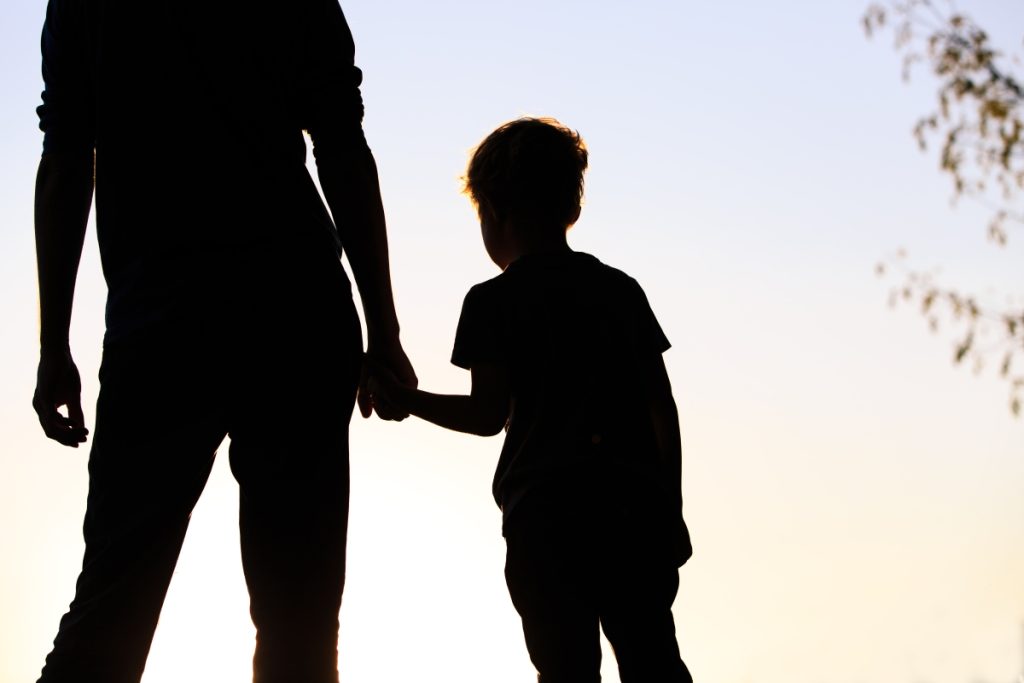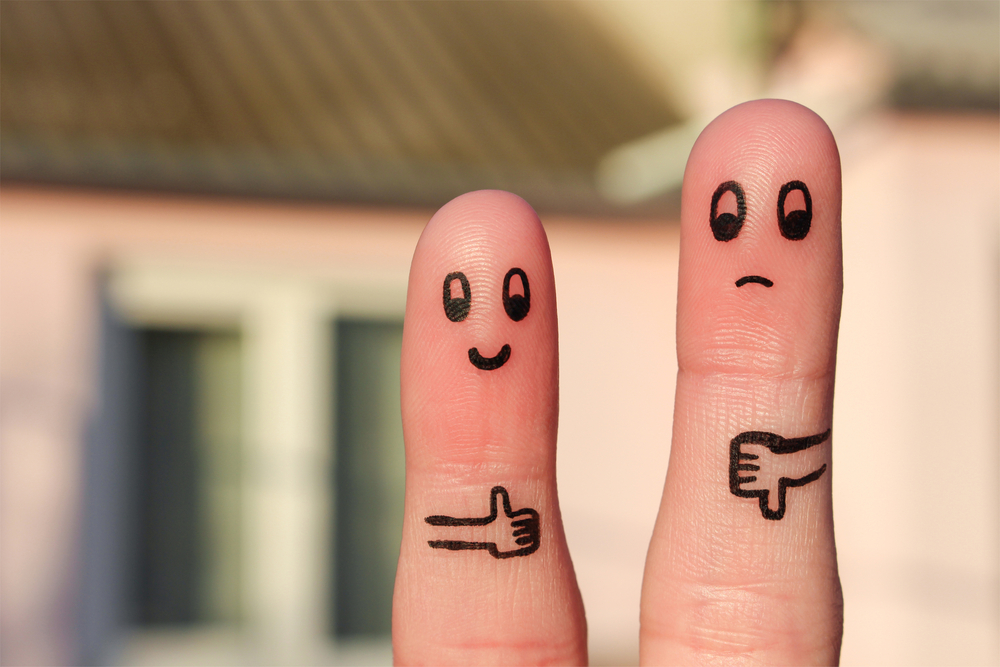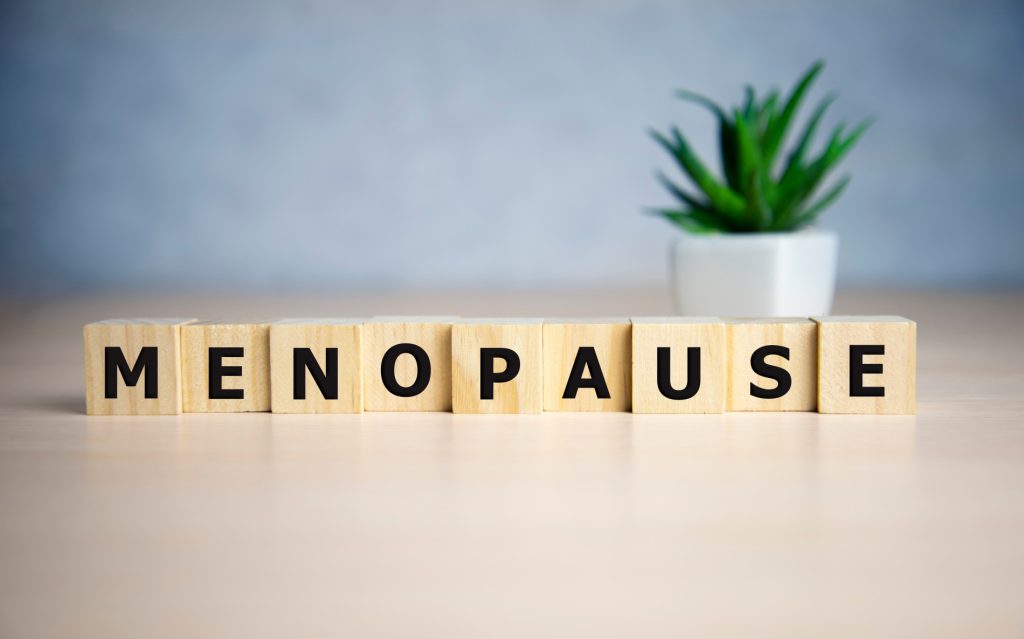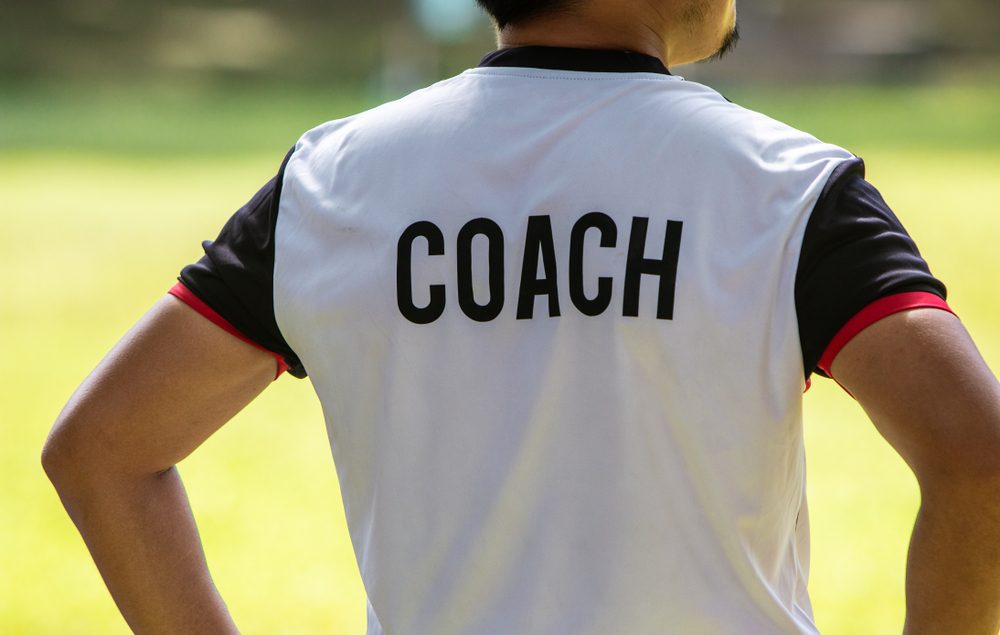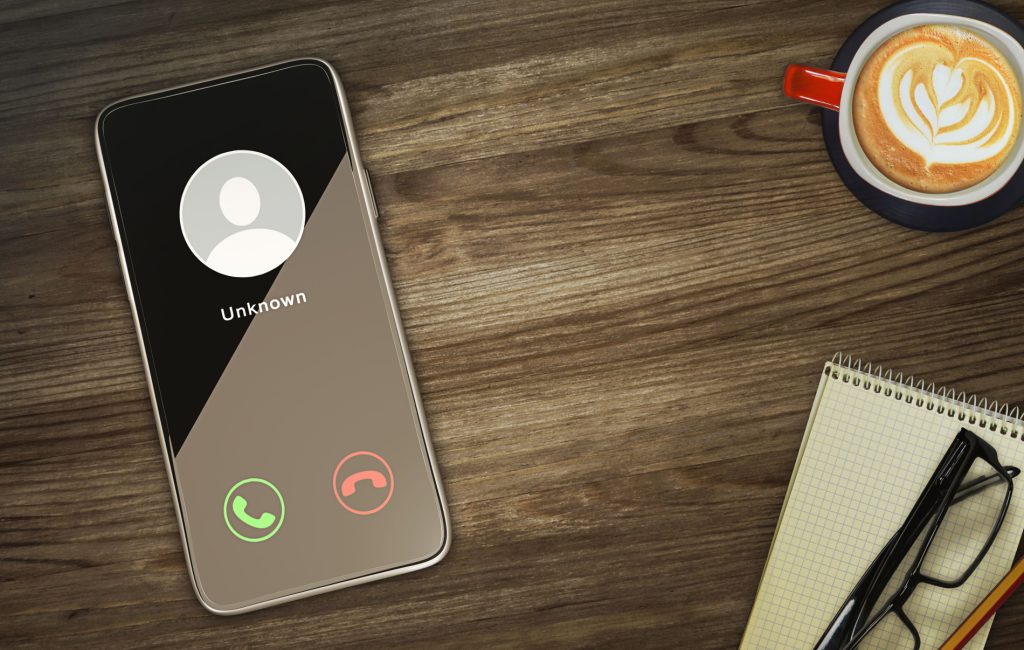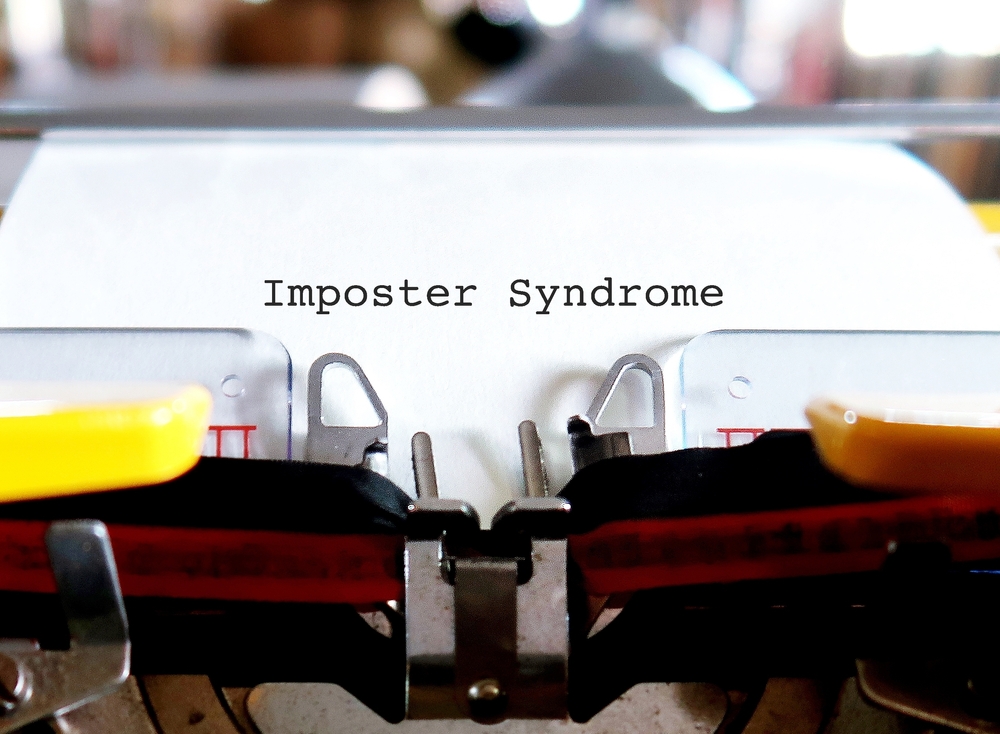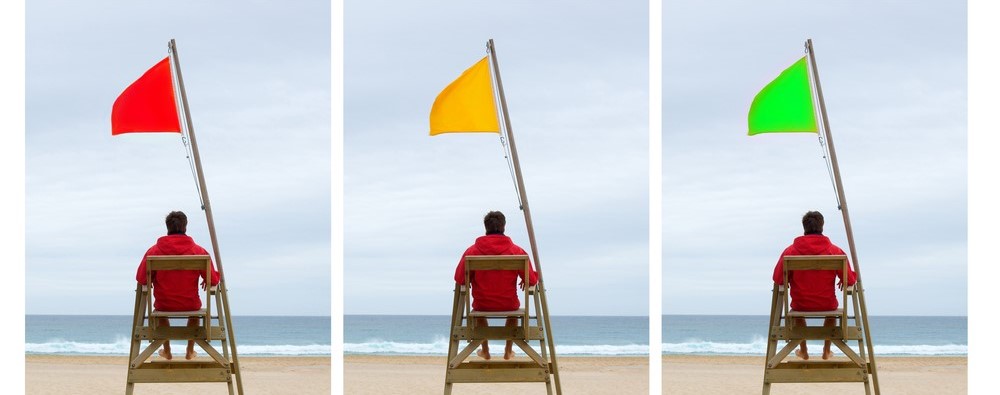What if a MAFS contestant was one of your employees?
What could leaders learn from... MAFS!?
What if a MAFS contestant was one of your employees?
Two years ago I wrote an opinion piece asking the question “What if the Bachelor Pad was a Workplace?” It must be a sign that the cult of instant celebrity and society’s cultural obsession with reality television is not abating now that I am compelled to ask and write about – What if a MAFS contestant was one of your employees?
No really. What if?
I will disclose from the outset that I did not watch an episode of MAFS. You might think this precludes me from having an opinion of the show, but it only takes a few commercials to see that this is a show that has promoted misogyny, bullying, gaslighting, and catfights all wrapped up neatly in a bow and called “entertainment.” Psychologists tell us that our compulsion with this genre is linked to voyeurism and escapism and many would argue that the need for escapism is healthy when the reality of news and current affairs is so bleak.
Even though that may be true, make no mistake, what was initially labelled and marketed as a social experiment very quickly denigrated to garbage television. There is a blurry line between ratings and roadkill. Even loyal followers who watched and loved the show would find it hard not to agree with this sentiment. The MAFS franchise is a disturbing narrative that we have disguised as a guilty pleasure. Since I’m not a psychologist, or a Channel 9 executive and I’m probably not the target demographic, this is not going to be a piece debating the fors and against of the show.
As human beings we are all flawed, and most reality television contestants make the choice to air their flaws for fame and Instagram followers. A generalisation, but I’m confident it is an accurate one. What happens though after the finale when contracts end, and social media moves on to the next spectacle? At some point you’d expect that these contestants go back to their daily lives, presumably meaning they go back to their day jobs. Does notoriety become the new normal?
Whilst we all make mistakes in life, how will the mistakes made on national television impact on their lives? More specifically, and because I’m a recruiter, how will these mistakes play out when they return to work? What if one of these candidates turned up at my office for an interview for a role that I was working on? I can’t not acknowledge that, professionalism aside, it would be a challenge to overlook any preconceived notion and make a judgement on this person without bias, only then to feel bad that I was discriminating.
The question remains though, would my client be willing to pay a fee for a candidate who may well have the skills and capabilities to do the job but just so happened was on primetime last night verbally abusing a fellow human being? There have been physical altercations, one of which was labelled a “catfight” and “great television viewing”, which on so many levels is perverse and has you wondering what the hell is wrong with these people and why are you missing Australian Story for this tripe?
On one recent episode, a dinner party, where wine flowed, and all morals had previously left the building a female contestant tipped a glass of wine on to another female before smashing the glass on the table.
Twitter imploded and humanity died.
If these behaviours represent the character traits of the contestants, then surely it is a fair assumption that these traits are not exclusive to someone’s personal life. A bully at home is likely to be a bully at the office. A quick google revealed that the “cast” of this year’s contestants included an Administration Officer, A Health Fund consultant, Business Manager and a Legal Assistant. It is highly likely that at some point, these people will want to find another job, face possible redundancy, request a pay rise or want to be under consideration for a promotion. Employees have the right to do what they want in their own personal time but if you are representing a company I would also expect that an employer has the same right to protect their brand.
We are demanding that our politicians do better, we want more from our business leaders and our managers, we have high expectations of our staff and we have National Days for Harmony and “Say No to Bullying”. I tell my son every day before he goes to school to have fun and to be kind. Workplaces are spending time, money and resources to put a stop to bullying and harassment and #MeToo became a global movement.
Seemingly television executive are yet to get the memo.
Defendants of the show would argue that it’s not “real”. That it is contrived, scripted drama engineered by producers and then cleverly edited and curated. If that is the case, then stop marketing it as reality television because by doing so, it provides a platform to normalise everything that is wrong with society.
I would really love to know what you think.
